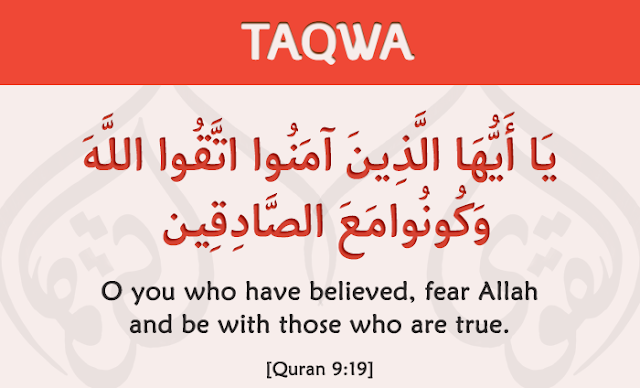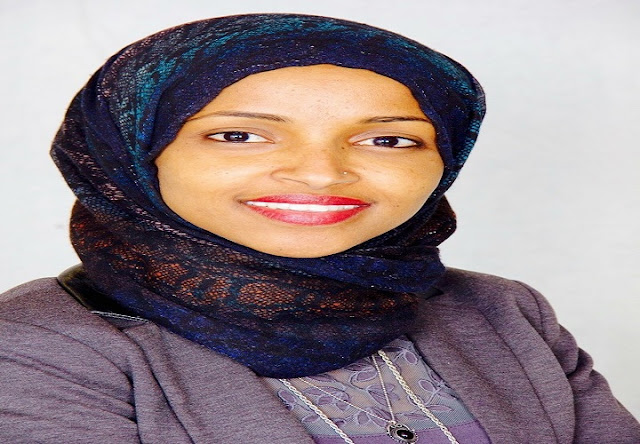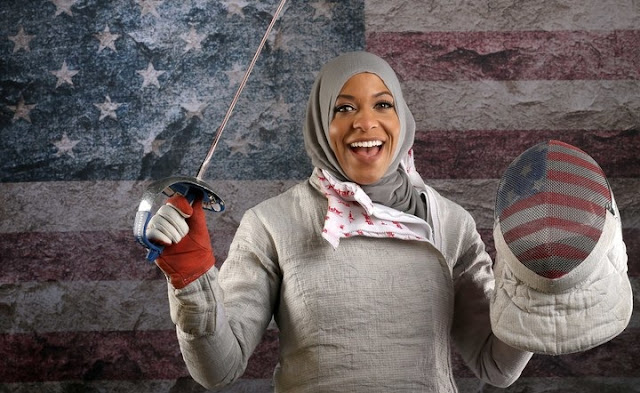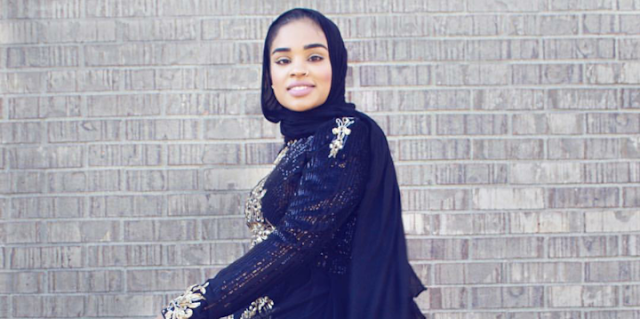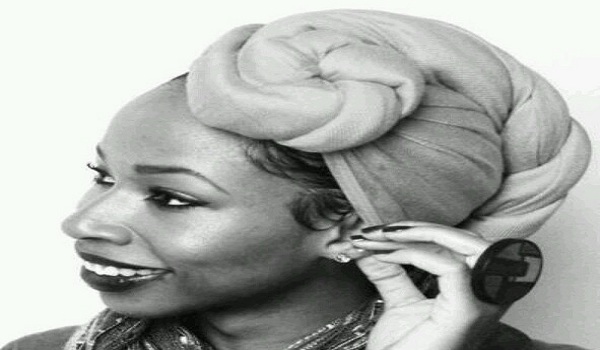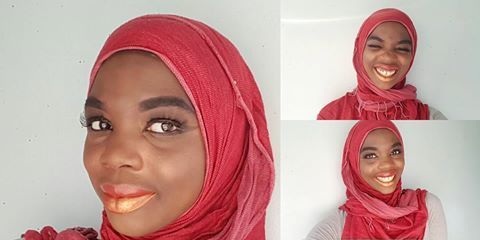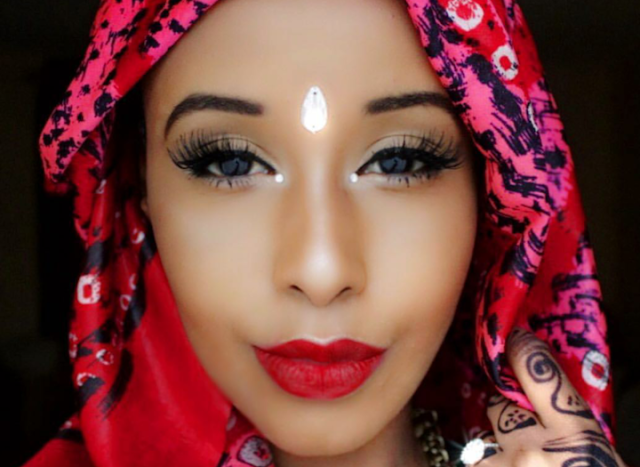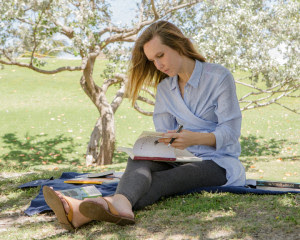I Became Muslim Because Of Jesus
I am feeling at home as a Muslim of Irish-Catholic descent.Love anchored me. Sincerity guided me.
I was born with an unshakable inquisitiveness that caused me to question everything, but there was one thing I never questioned, and that was the existence and power of God. My mother sometimes reminds me that as a young child my response to her requests for me to clean my room or brush my teeth was oftentimes, “You can’t tell me what to do; only God can tell me what to do!” And I meant it—even at the age of five.
I was raised in an Irish-Catholic family; home is where a Claddagh hangs over the door, sounds from my mother’s bodhran or fiddle resonate from the living room, and questions are returned with questions by my Jesuit-educated father.
What I know now is this: I was never able to fully accept Catholicism as my faith. I wanted so desperately to follow and honor both God and Jesus, but I couldn’t sincerely do that by being Catholic. To my surprise and over the course of 13 years, I found that Islam provided me the opportunity do both.
Over time, with equal parts reluctance and fervor, I learned that Islam supported my faith in ways that Catholicism could not. This is my conversion story.
My doubts pointed me towards new convictions.I scrutinized many details about my assigned religion of Catholicism.
First, I never could bring myself to believe that Jesus was God. Yes, I love Jesus, and I wholeheartedly believe that we should proactively seek to obtain the extraordinary human qualities that he possessed, but in my eyes, there is only one God, and a man could never be God.
Secondly, I was unable to ever accept the concept of original sin (that newborns entered this world carrying sins that could be forgiven through the Sacrament of Baptism). I perceived this as an initiation ritual into Christianity; it felt more political than spiritual.
These doubts left my foundation as a Catholic impermanent, but I knew that I could never desert my eternal love for God and my ceaseless admiration for Jesus. I remained Catholic, while I searched for a place that allowed me to preserve what I would not abandon and provide me clarity for what I could not accept.
Where that was, I wasn’t sure. I genuinely hoped that it existed somewhere. Saint Thomas More and Malcolm X gave me the courage to pursue the truth.
My chosen patron saint as a teenage Catholic was Saint Thomas More; he chose death over abandoning his faith—his loyalty to God remains an invaluable inspiration to me.
I was also inspired by Malcolm X. In my freshman year of college, I was introduced to the concept of Islam for the first time in the Autobiography of Malcolm X. It wasn’t the religion that grabbed my attention; it was the way Malcolm X used Islam to quench his continuous thirst for truth.
If Saint Thomas More’s dogged loyalty to God inspired me throughout my childhood, then it was Malcolm X’s unwavering search for truth that further inspired me in college. Taken together, it became a bit clearer to me that if I kept searching, I could possibly find a source for both connecting with God and finding the truth that I was seeking.
I discovered Islam’s Jesus in West Africa. After college, I volunteered with an international nonprofit in West Africa. One afternoon, I was sitting outside in the sweltering heat with a Ghanaian volunteer. To avoid getting sunburned, I wrapped my favorite orange pashmina over my head.
Then, I heard my friend say: “You look beautiful in hijab.”“Are you Muslim?” I asked him. He nodded, and with some prodding, revealed to me that Muslims both recognize and honor Jesus as a prophet. That detail caught my attention and got me thinking: Could Islam be the source of clarity that I was seeking? I wasn’t sure, and I wasn’t quite ready to explore the possibility just yet.
I resettled into metropolitan Miami life quite well. Years passed. Life was so easy and oh-so fun! I felt incredibly blessed, but just beneath the surface, I was very lonely, and far too often, I fell asleep with tears in my eyes and a growing heaviness in my heart, so I turned to my father for guidance. He listened to me intently and made one simple suggestion: Read.
When I started reading, Islam found me.I used my alone time to explore books about philosophy, psychology, poetry, and religion. Little by little, I began gravitating towards books about Islam. The more I read about Islam, the more I realized that it was more than just a beautiful concept; it was a way of life.
I sought out a mentor who could show me what that life entailed, and I eventually found one. She was an established career woman, with a loving and supportive husband and two incredible children, and most importantly, she had an insatiable love for Islam. She was the kind of woman who I aspired to become.
We met weekly. She shared stories about Prophet Muhammad and his closest companions. She reiterated Islam’s belief in the prophhethood of Jesus and its denial of original sin. She showed me how to pray and gave me my most beloved copy of the Quran.
Then, my mentor lent me a CD series called Purification of the Heart by Shaykh Hamza Yusuf. I listened to those CDs daily, deeply connected with its messages, and felt these incredible reverberations in my heart when the shaykh recited passages from the Quran in Arabic. I even felt the same reverberations in my heart when I recited the first chapter of the Quran, syllable-by-syllable. As I listened and I practiced my Arabic, I felt as if I was strengthening my communication with God.
As I prayed and fasted during my first Ramadan, I felt this magnificent closeness to an essence that I had never encountered before, and consciously nurturing that essence filled me with immense bliss. It was in those moments that I felt the most connected to myself; it was in those moments that I felt the most connected to God. I knew then that I was ready to accept Islam as my chosen faith.
Through God’s tremendous grace and my mentor’s tenacious planning, on the 27th day of Ramadan 2016, I found myself sitting alongside the scholar whose words in both English and Arabic transformed my heart into a Muslim one: Shaykh Hamza Yusuf. He led me through my Testimony of Faith, which were the sincerest words that I had ever spoken.
I nervously stumbled through it. Then, he asked me if I had been raised Christian. I confirmed that I was indeed raised Catholic. He responded by asking me to repeat these words: “Wa Ash’hadu Ana Issa Rasulullah Wa Kaleematahu. Wa Mariem Sadiqqah...I testify that Jesus is a messenger of God and his logos and that Mary is his righteous servant.”
My heart gleamed in those moments. For as long as I could remember, I searched for a place that felt like home, and as I sat next to Shaykh Hamza Yusuf, I realized that I had finally found it within Islam.
Over a decade has passed since I was first introduced to Islam, my true path.
What anchored me then, still anchors me now. The only difference is that I now have a place that allows me to honor my past, while I continue to seek truths from our greatest sources.
As a Muslim of Irish-Catholic descent, I’m not quite sure where I fit in just yet. But in the early morning hours, right before dawn, and as I pray alone, facing Miami’s Biscayne Bay, I feel right at home. For me, that’s all that matters right now.

